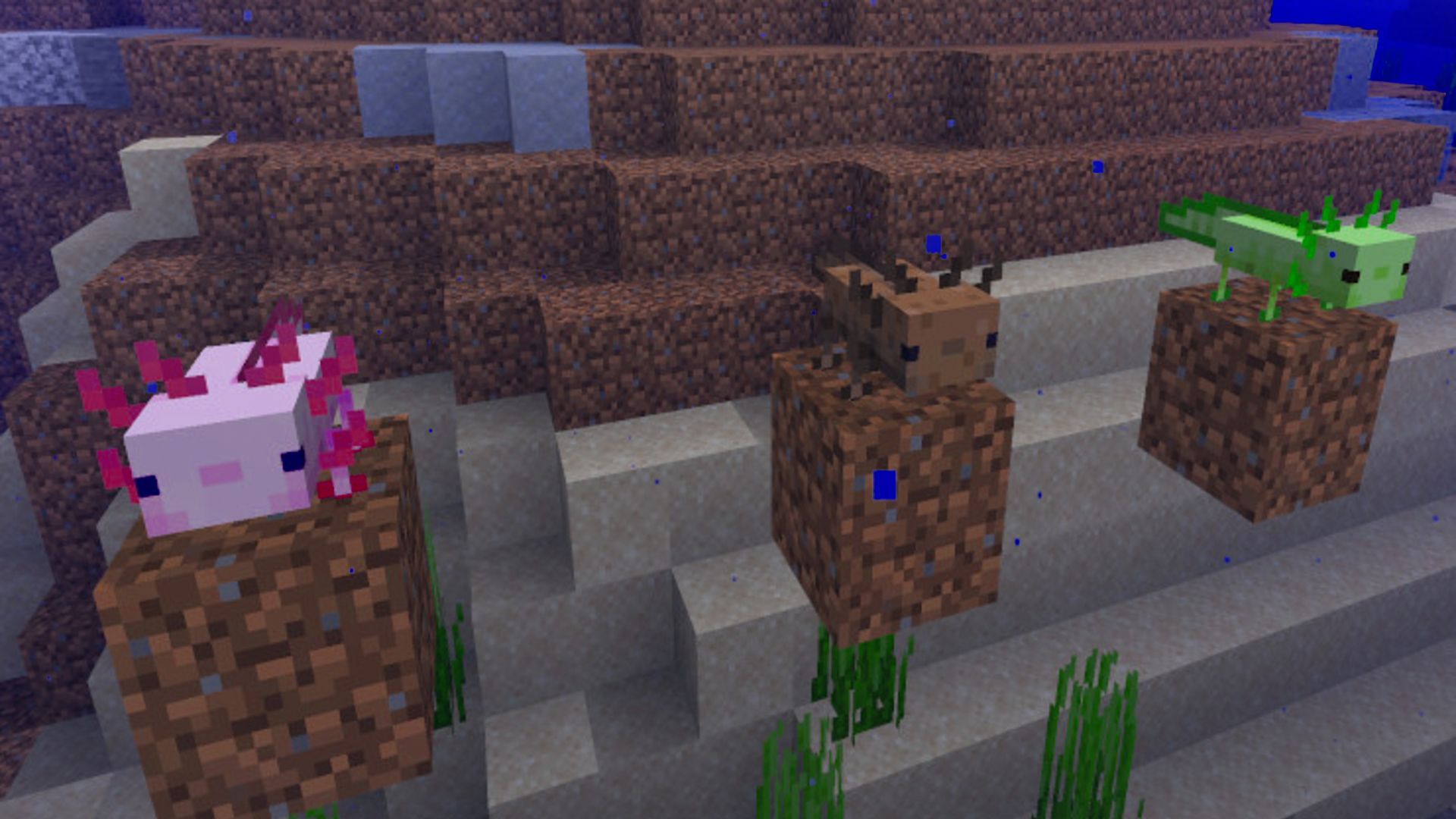
Introduction
Minecraft, the popular sandbox video game, offers players a vast and immersive world to explore and create. One of the most beloved additions to the game is the Minecraft Axolotl, an adorable and unique species of aquatic creatures. In this article, we will dive into the fascinating world of Minecraft Axolotls, exploring their characteristics, behaviors, and how you can encounter and interact with them in the game.
The Origins of Axolotls
Axolotls are not just fictional creatures created for Minecraft; they are real animals found in the wild. Native to Mexico, these amphibians are often referred to as "Mexican walking fish" due to their appearance. However, they are not actually fish but rather salamanders that retain their juvenile form throughout their lives, a phenomenon known as neoteny.
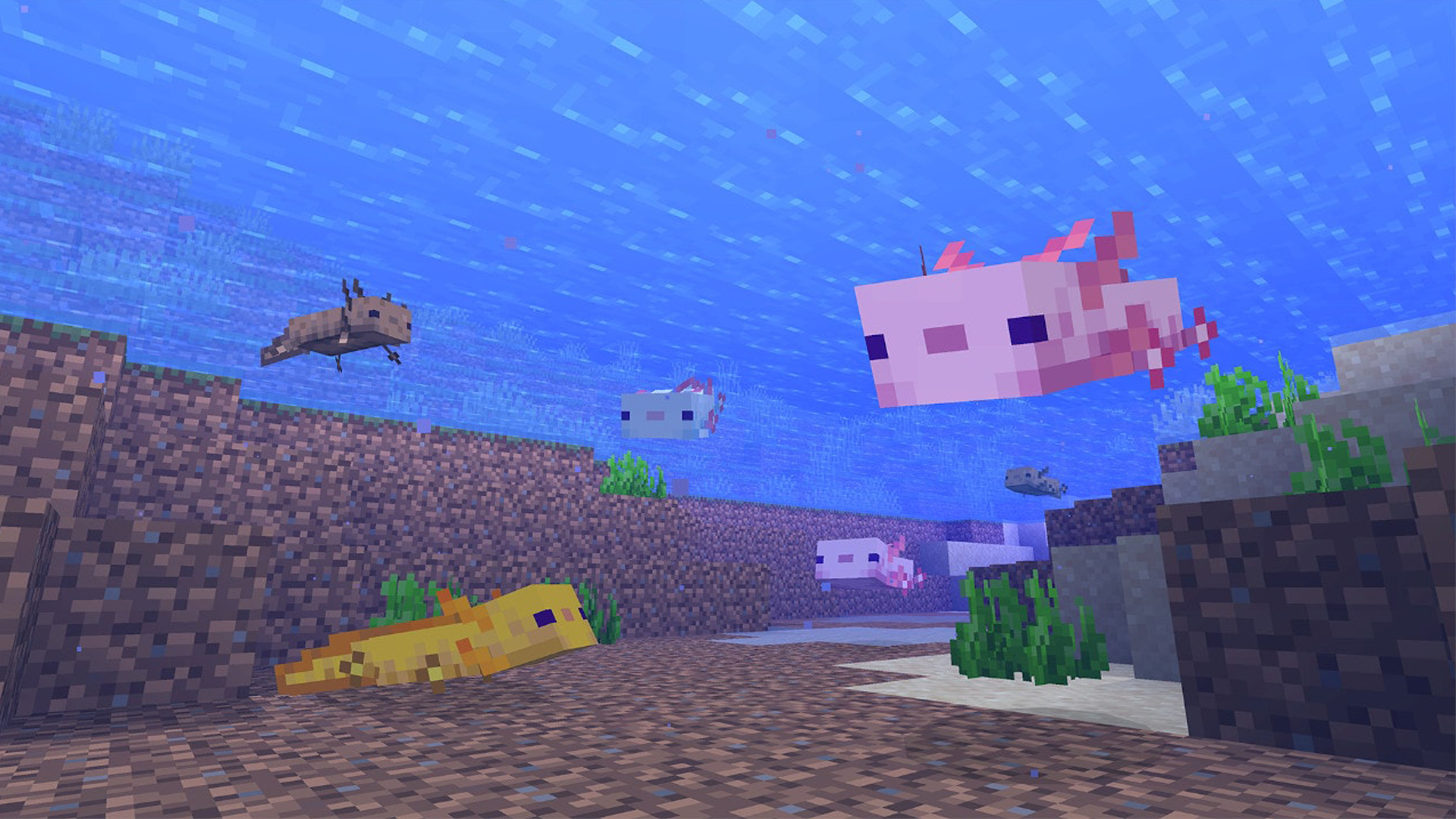
Axolotls in Minecraft
In Minecraft, Axolotls are a recent addition, introduced in the 1.17 Caves and Cliffs update. These adorable creatures can be found in various colors, including pink, yellow, gold, blue, and cyan. Each color variant has its own unique attributes and behaviors, making them a delightful addition to the game.

Finding and Taming Axolotls
If you want to encounter Axolotls in Minecraft, you will need to explore underwater environments such as rivers, swamps, and oceans. These friendly creatures can be found swimming around, often in groups. To tame an Axolotl, you can use a water bucket to scoop them up and bring them to your desired location.

Protecting Your Axolotl Companions
Once you have tamed an Axolotl, it's important to take care of them and ensure their safety. They are vulnerable to various threats, including attacks from hostile mobs and drying out. To protect your Axolotls, you can keep them in water-filled environments or carry a water bucket to provide them with a temporary water source when needed.
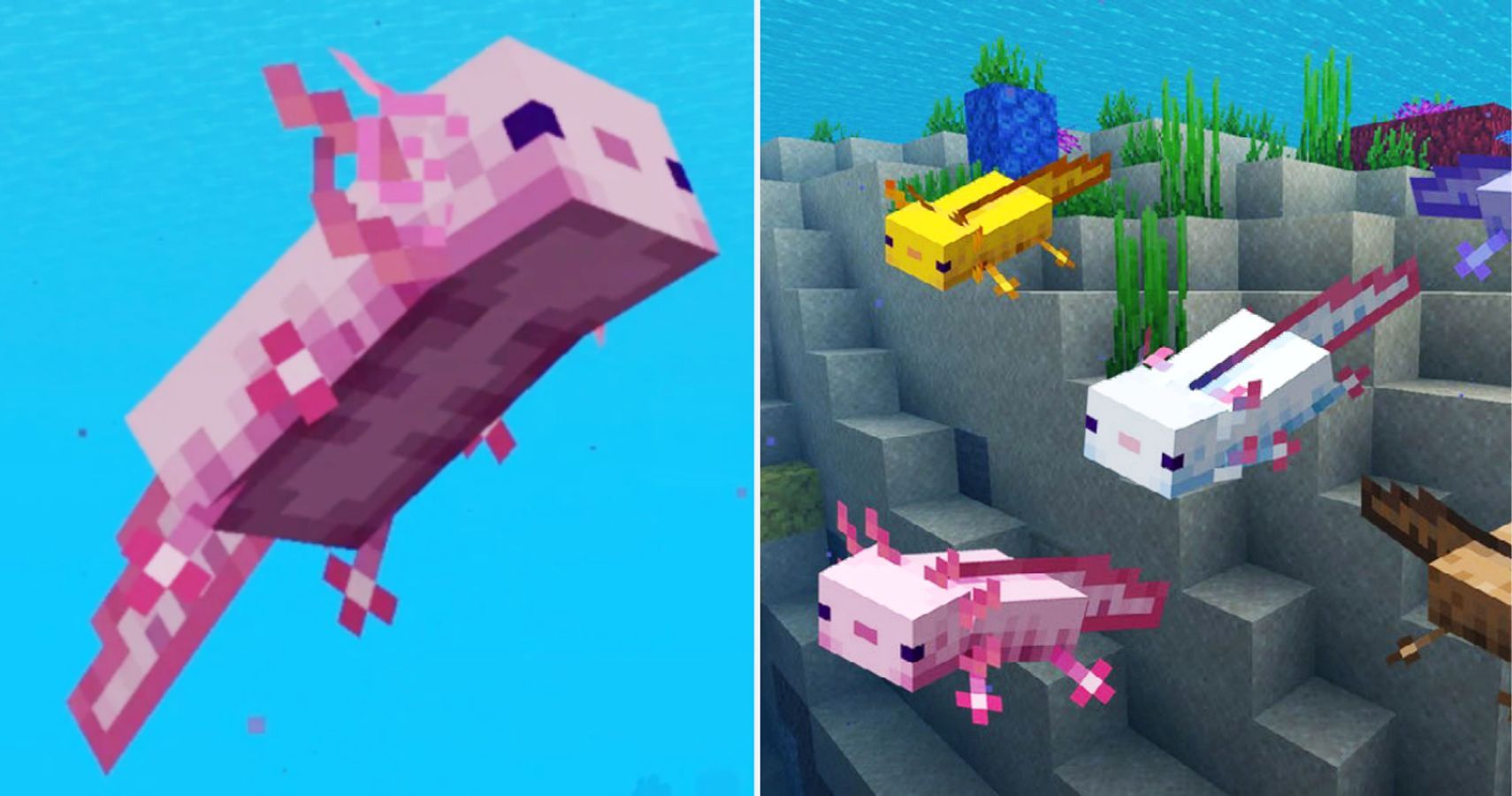
Unique Abilities and Behaviors
Axolotls in Minecraft possess fascinating abilities and behaviors. They have the ability to regenerate their health, making them resilient in battles. Additionally, they can also play dead when their health is low, fooling enemies into leaving them alone. Axolotls can even regenerate their limbs, allowing them to recover from injuries.
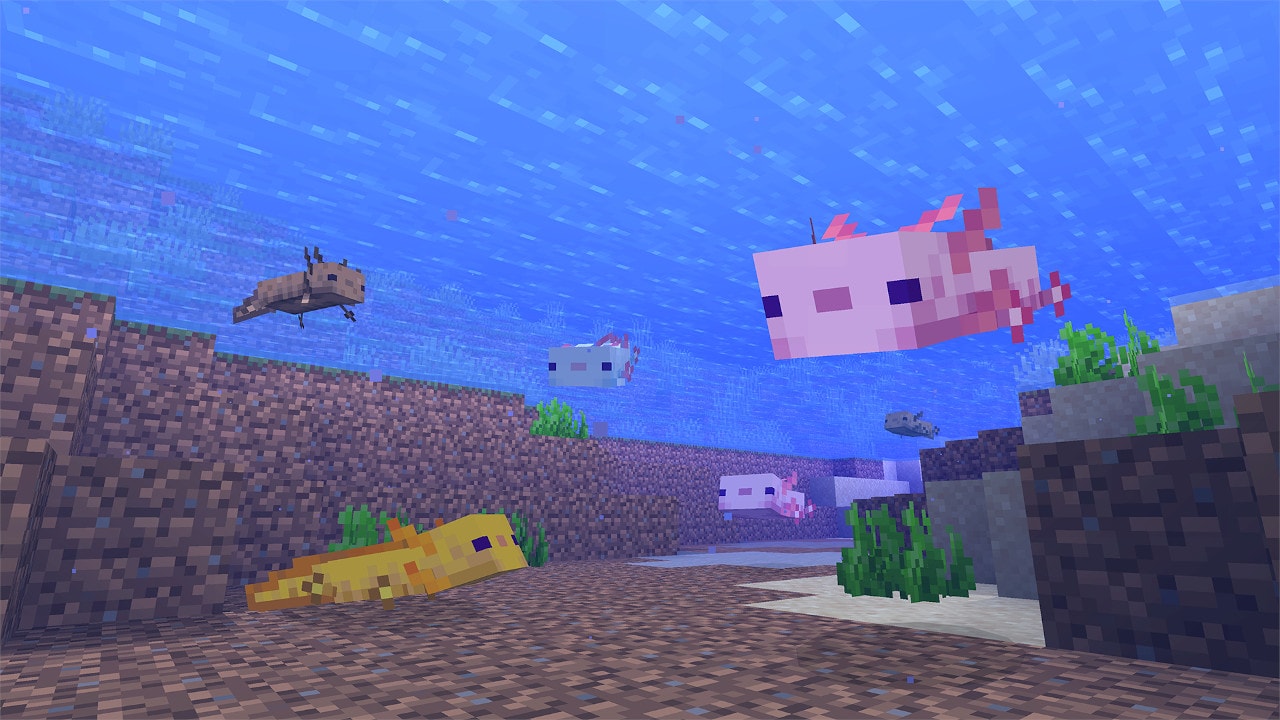
Interactions with Axolotls
In Minecraft, players can interact with Axolotls in various ways. You can feed them tropical fish, which triggers a temporary regeneration effect. Axolotls can also be bred using buckets of tropical fish, resulting in adorable baby Axolotls. These interactions make Axolotls not only charming companions but also valuable allies in your Minecraft adventures.
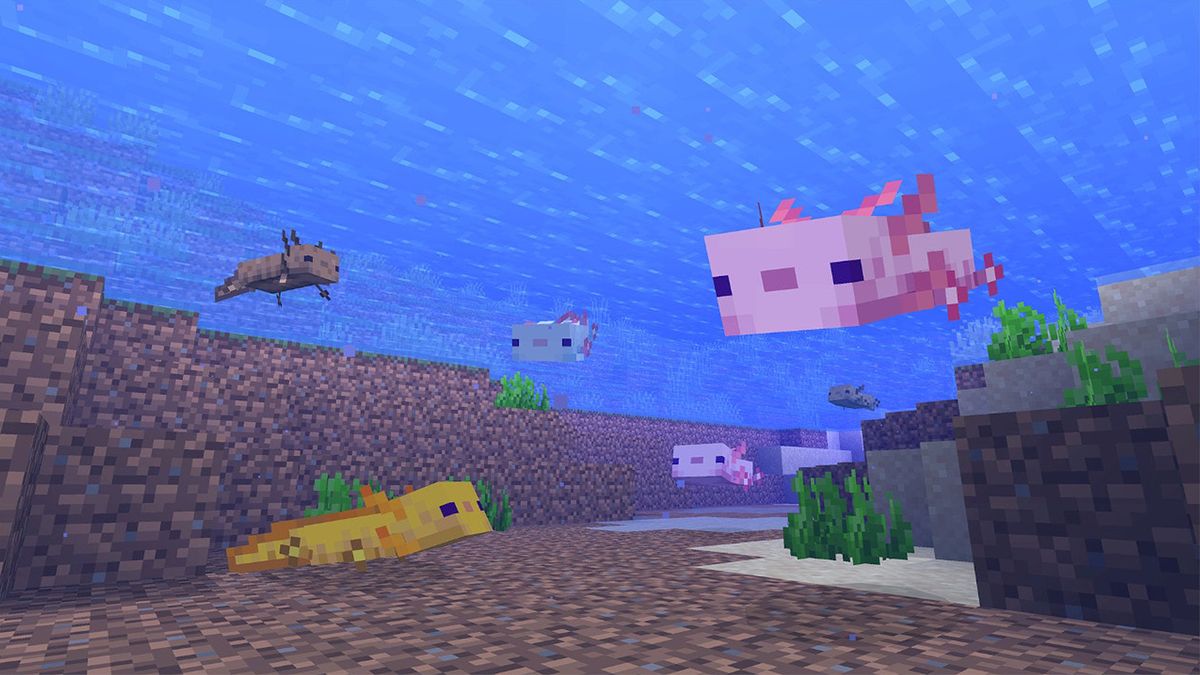
Discovering Axolotl Variants
As mentioned earlier, Axolotls in Minecraft come in different colors, each with its own unique attributes. Pink Axolotls are more common and easier to find, while the other colors are rarer. For example, blue Axolotls have a higher chance of attacking enemies, making them excellent companions during fights.
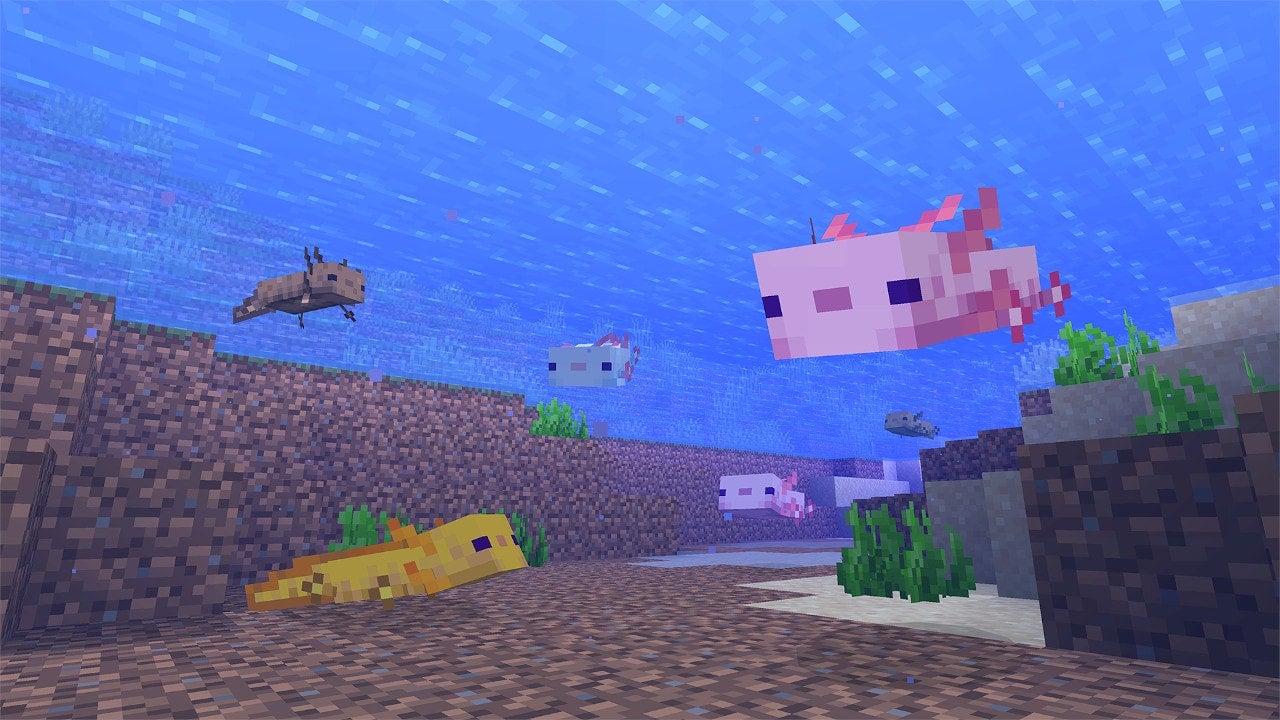
Axolotl as a Conservation Message
Minecraft's inclusion of Axolotls serves as more than just a fun addition to the game. It also raises awareness about the real-life endangered status of these unique creatures. By featuring Axolotls, Minecraft educates players about the importance of conservation and highlights the need to protect these fascinating animals in the wild.
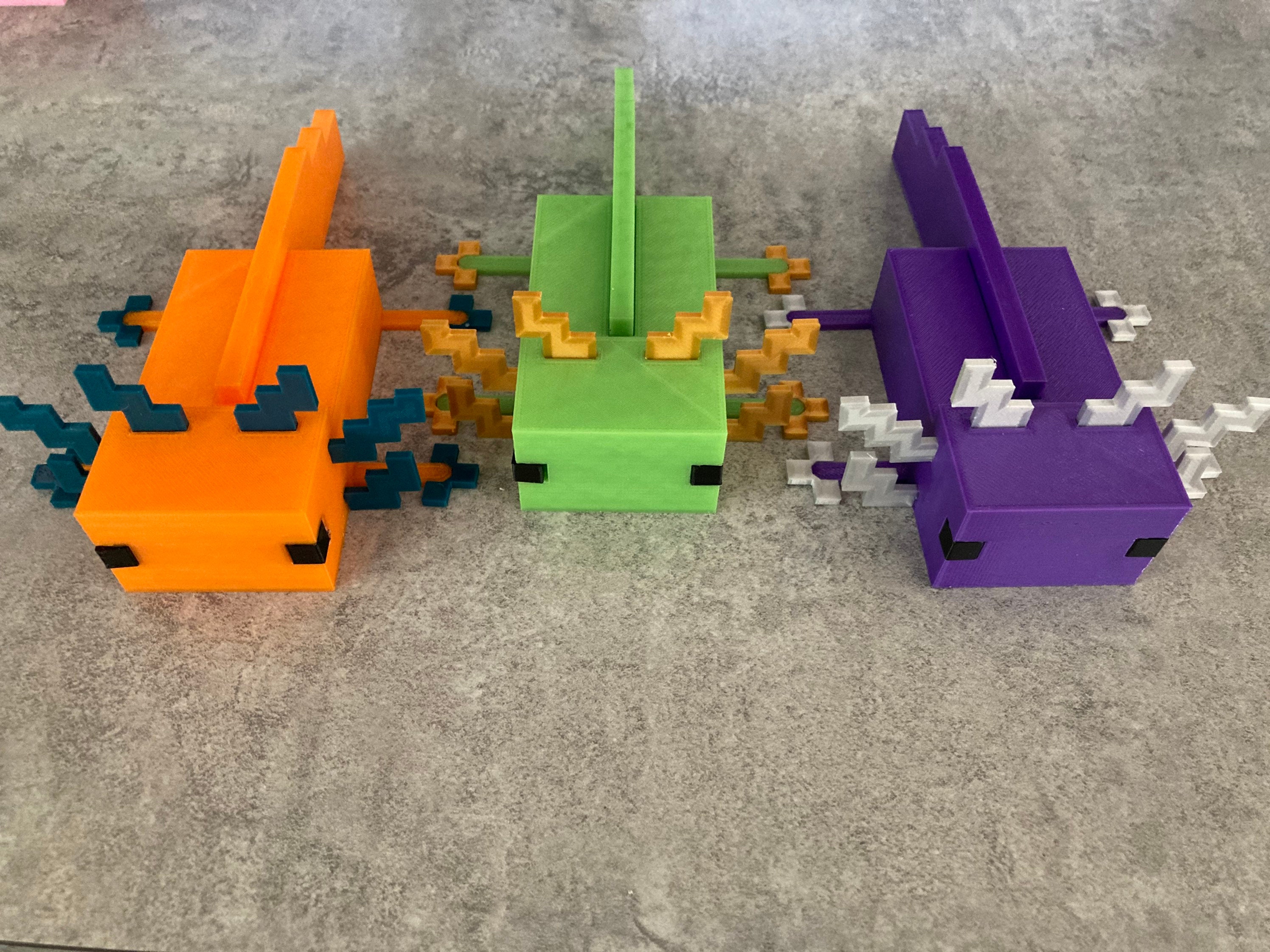
Exciting Axolotl Facts
Here are some fascinating facts about Axolotls:
- Axolotls have the ability to regenerate not only their limbs but also their spinal cord and heart.
- They have a unique respiratory system that allows them to breathe through both gills and lungs.
- Axolotls have exceptional regenerative abilities, making them a subject of scientific research.
- In the wild, Axolotls are critically endangered due to habitat destruction and pollution.
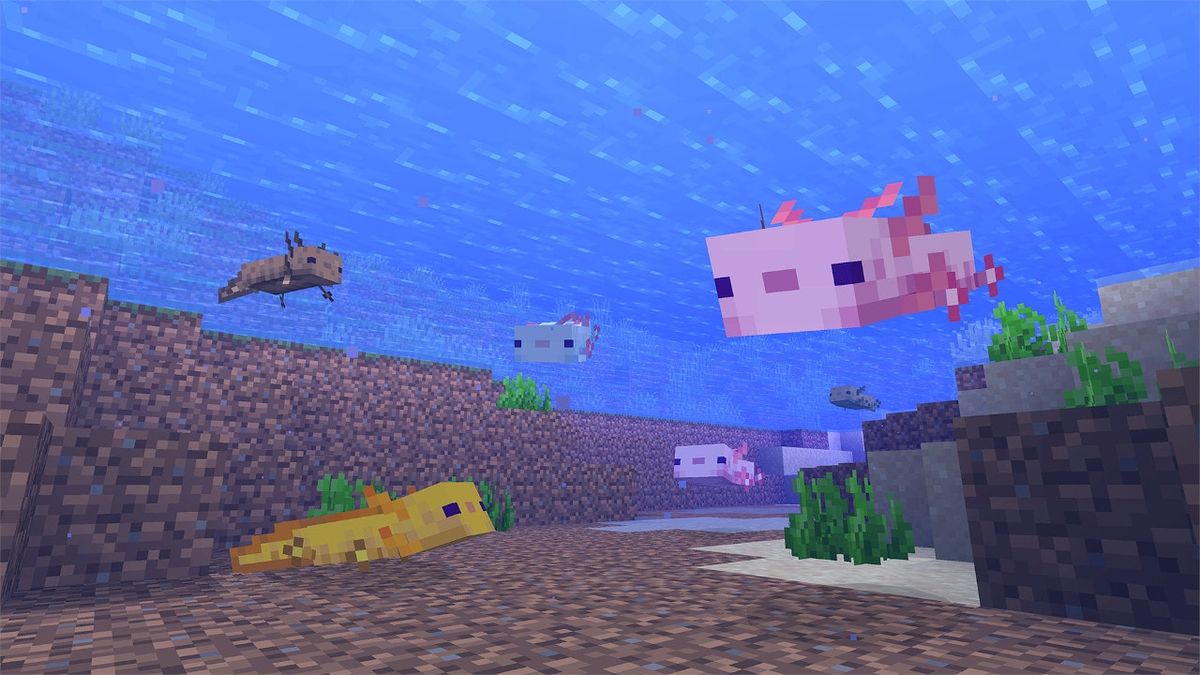
Conclusion
The addition of Axolotls to Minecraft has brought joy and excitement to players worldwide. These cute and colorful creatures offer unique interactions and abilities within the game, making them a valuable companion during your Minecraft adventures. As you explore the vast virtual world, don't forget to appreciate the real-life counterparts of Axolotls and the importance of their conservation.